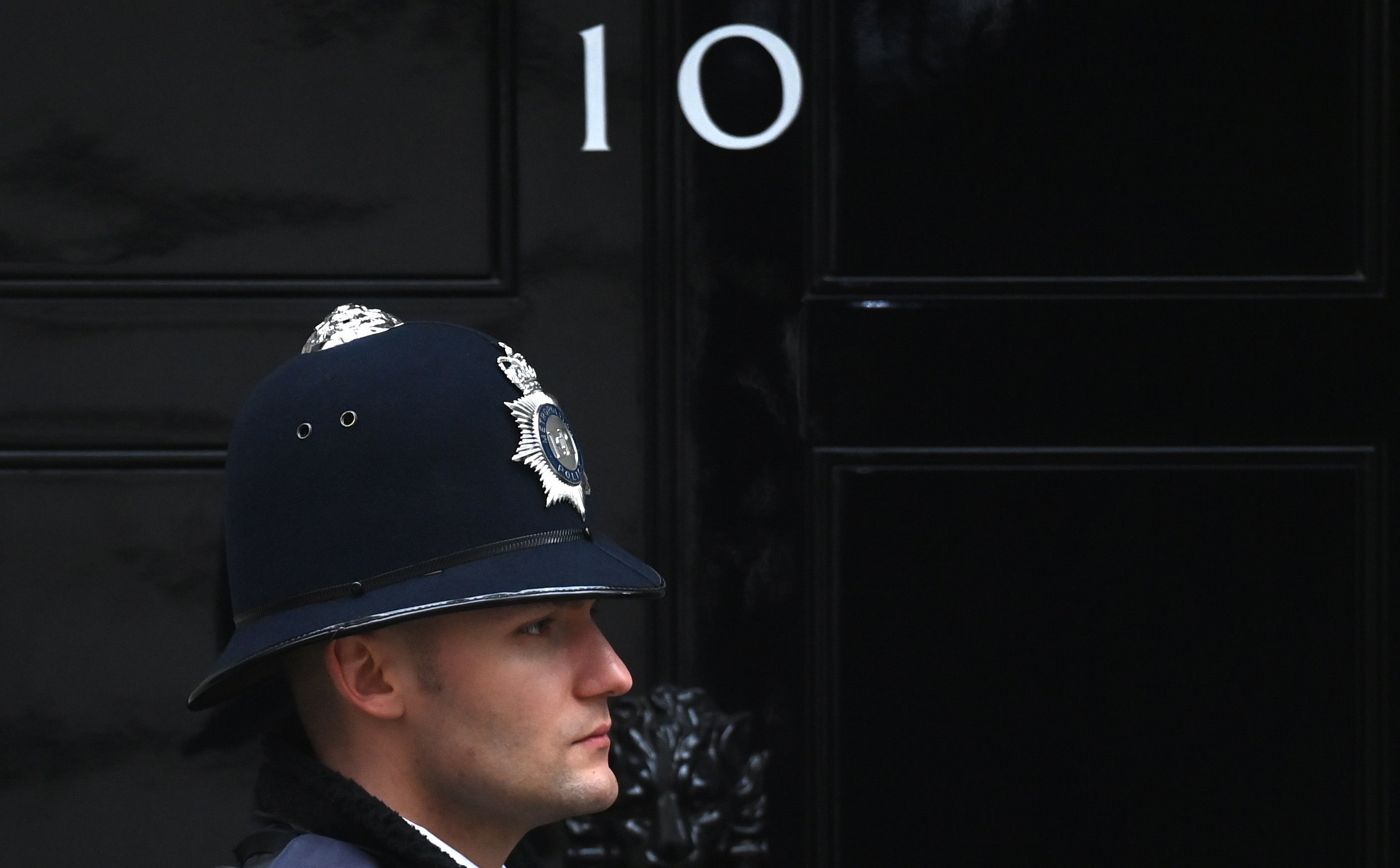Shrewsbury, Partygate, Covid loans: Where is the accountability in public life?
Positions of power are positions of responsibility. People in them should be in service to the public, but too often they are only in service to their egos, writes Salma Shah


The maternity scandal at Shrewsbury and Telford NHS Trust is the epitome of dishonest conduct by those in power. It is the worst maternity scandal in NHS history, with the initial 23 cases investigated ballooning to 1,500 as heartbroken families came forward for answers about the standard of care that led to the deaths of their children.
The failings are atrocious enough; children snatched away before they got their chance at life brings about the type of gutwrenching sadness that can’t be easily shaken off. But in many ways worse than this, was the culture of covering up and blaming grieving mothers instead of taking responsibility for those in the hospital’s care seriously.
Corruption comes in many guises when you live in a democratic society. We don’t have the obviousness of dictators in gold-plated palaces and the extreme nepotism that concentrates power by who, not what, you know. But the small, insidious ways in which the general populace can be mugged off are apparent all around us. The Shrewsbury maternity scandal is just one such example.
In a democratic society, we expect to be able to hold people who control aspects of our lives accountable for their actions. Accountability extends beyond turning up at the ballot box every five years and is not only applicable to elected politicians. We are entitled to a transparent culture that doesn’t seek self-preservation of those on the inside but welcomes the opportunity to make things better. The actions of this NHS trust undermine our right to the truth and our ability to take informed action.
The type of thin-skinned defensiveness apparent in the trust’s obfuscation when challenged is becoming endemic in public life. Whether it’s parties in Downing Street or a disregard for the taxpayer’s money with Covid loans, we are left with scant recourse to redress. Civil servants are generally hard-working, good people, but there is an increasing sense that the career progression of the managers is more important than the job at hand.
This toxic culture that puts individual prospects above the mission is hidden behind institutional facades. We lionise the NHS (not without cause) but that reputation can be used to deflect from the serious flaws. It also stops the search for individuals who should have done better. Where are the people who will be punished? A failure in any system is a series of decisions, made by a number of individuals, each having a cumulative impact leading to a disgraceful episode. It is not an entity that is responsible; it is people.
To keep up to speed with all the latest opinions and comment, sign up to our free weekly Voices Dispatches newsletter by clicking here
How can this do anything but erode trust? How do we continue having faith in our systems when the evidence suggests they don’t work? Are we certain that this level of incompetence and callousness doesn’t exist anywhere else in the UK? How could we be, when the transparency is so woeful.
Playing the blame game is not conducive to good outcomes, but ensuring there are consequences for poor actions is justice. Too many people in public life are enamoured with themselves because they have a grand job title and believe that belonging to a higher echelon of management insulates them from criticism, or that being in a big system absolves them of their individual responsibilities. That is wrong.
Positions of power are positions of responsibility. People in them should be in service to the public, but too often they are only in service to their egos. Public servants must adhere to a higher standard because we depend on them. The Shrewsbury scandal has shown us there is a long way to go before those standards are met.
Salma Shah was special adviser to Sajid Javid, from 2018 to 2019. She was also a special adviser at the Department for Digital, Culture, Media and Sport



Join our commenting forum
Join thought-provoking conversations, follow other Independent readers and see their replies
Comments